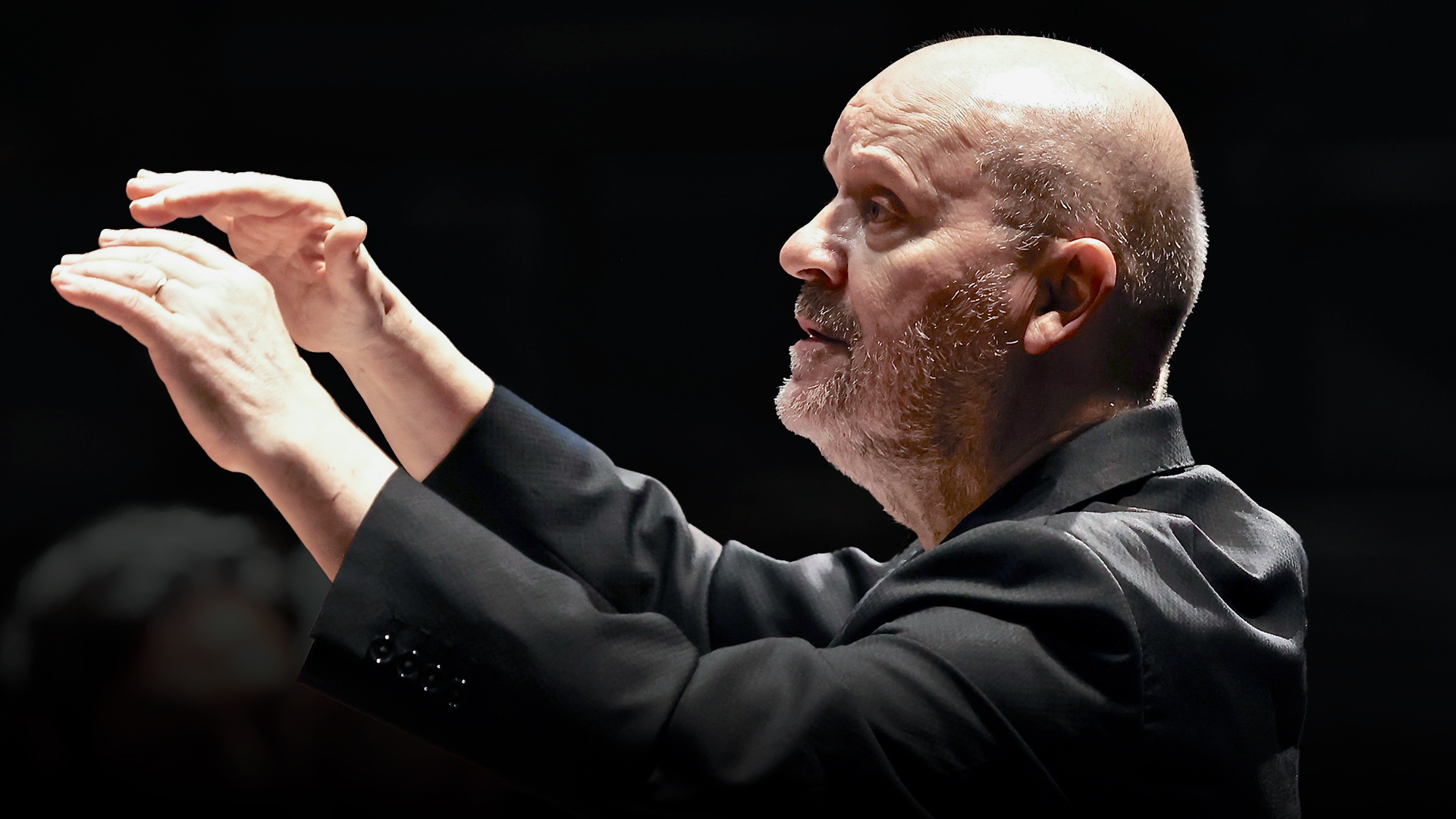JOHANNES BRAHMS
Ein deutsches Requiem op. 45
(London version)
Soprano
Sofia Pezzi
Baritone
Tiziano Tassi
Piano
Antonella Poli, Patrizia Priarone
Conductor
Claudio Marino Moretti
Opera Carlo Felice Genova Chorus
Ein deutsche Requiem (A German Requiem) is one of the first major symphonic works composed by Brahms. The composer began composing the Requiem – for soprano, baritone, choir and orchestra – in 1865, after losing his mother, and from the outset he set his work with the intention of creating a personal, wide-ranging and Lutheran-derived version of the Requiem Mass. Over the following years Brahms gradually created the seven sections of which the Requiem consists (as early as ’67 the first three were performed in Vienna, while further partial performances took place in Bremen and Zurich in ’68). The first full performance was held in Leipzig on February 18, 1869, with the Leipzig Gewandhaus Orchestra and Chorus, Emilie Bellingrath-Wagner and Franz Krükl conducted by Carl Reinecke; it was an immediate success, and soon the piece was taken up throughout Europe. The following year, at a London premiere performance at a private residence, Brahms rearranged his Requiem by making a new version without orchestra and with piano four hands for pianists Kate Loder and Philip Cipriani Potter (now known as the “London version”).
One of the most fascinating stylistic features of the German Requiem is the revival of various musical forms from the classical tradition, evoked and interwoven within a massive and solid structure. The great melodic, timbral and rhythmic expressiveness, and the alternation between major and minor keys highlight well what is expressed by the texts taken from both the New and Old Testaments and adapted by Brahms himself into a unique composition. Although the composer was in his early creative phase devoted primarily to piano music and chamber music, the Requiem achieves a surprising level of musical complexity and powerfully translates Protestant cultural identity and the spiritual content of the texts based on the contrast between earthly suffering, hope in faith, and heavenly bliss.
Ludovica Gelpi
